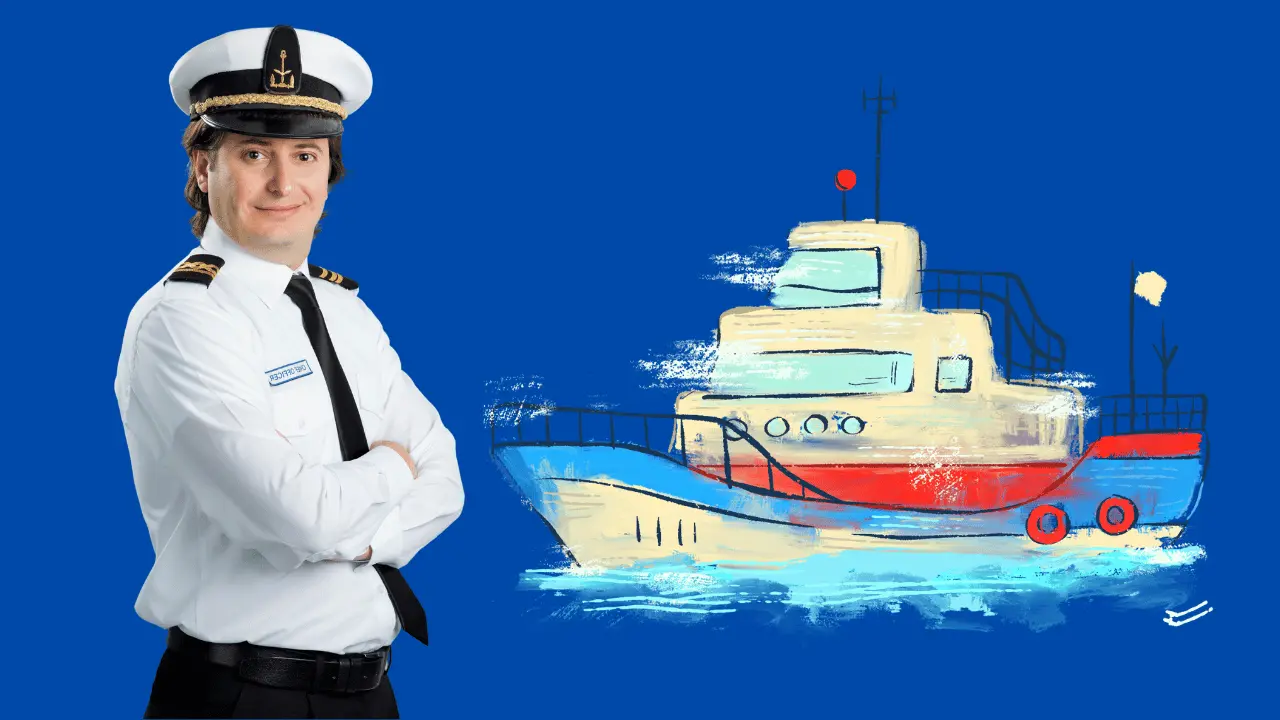Dealing with crimes that transpire on cruise ships involves intricate entanglements of legal, jurisdictional, and practical factors. These vessels, often akin to small cities, can become hubs for a spectrum of offenses, spanning from minor thefts and assaults to graver acts such as sexual assault and homicide. The intricate character of these incidents gives rise to queries concerning the law enforcement bodies and legal frameworks tasked with investigating and bringing these cases to justice.
Who handles cruise ship crimes?
The responsibility for addressing cruise ship crimes is shared among several entities, each playing a distinct role in assuring justice is served. These entities include:
- Ship Security Personnel:
Cruise lines typically employ their own security personnel to maintain safety and respond to incidents on board. These individuals are responsible for preventing and managing crimes that occur within the ship’s jurisdiction. Anyway, their authority is limited to the vessel itself, and they often lack the power to conduct full-fledged criminal investigations.
- Flag State Authorities:
Cruise ships are affiliated with particular countries donated as their flag states. These nations hold the duty of supervising the ship’s adherence to global maritime rules and safety benchmarks. When crimes occur, flag state authorities might play a role, but their scope of authority typically centers on the ship’s operational and safety aspects, rather than delving into criminal inquiries.
- Port State Authorities:
When a cruise ship docks at a port, the local port state authorities gain jurisdiction over certain matters occurring during the ship’s stay. This can include crimes committed on the ship while it’s in port or related to shore excursions. Port state authorities may work in collaboration with the ship’s security personnel and, if necessary, with other law enforcement agencies.
- International Law Enforcement:
Given the international nature of cruise ships, crimes that occur onboard can involve individuals from different countries. Interpol, an international police organization, may become involved if the case spans multiple jurisdictions. However, Interpol’s role is generally limited to facilitating communication and cooperation among member countries’ law enforcement agencies.
- International Treaties:
Several international treaties govern maritime issues and crimes at sea, such as the United Nations Convention on the Law of the Sea(UNCLOS) and the Athens Convention relating to the Carriage of Passengers and their Luggage by Sea. These treaties establish legal frameworks for addressing crimes on cruise ships in international waters.
In practice, the handling of cruise ship crimes can be complicated by factors like conflicting jurisdictional claims, language barriers, and cultural differences. Additionally, the closed environment of a cruise ship can make evidence collection and witness interviews challenging. To address these challenges, various stakeholders must collaborate, often across international borders, to ensure that justice is served for both passengers and crew members affected by crimes on cruise ships.
How to find an experienced trial lawyer?
Here’s how you can find an experienced trial lawyer:
- Assess Your Needs:
Before you commence your hunt for a trial lawyer, make sure you comprehensively understand your legal prerequisites. Define the category of your case, whether it pertains to criminal defense, personal injury, family law, or any other legal domain. This initial lucidity will empower you to concentrate your search on lawyers who hold the precise expertise and experience necessary for your case.
- Online research:
Utilize online resources to research trial lawyers in your area. Legal directories, bar association websites, and lawyer review platforms can offer profiles, practice areas, and client reviews. On Websites, you can Discover the expertise of Aronfeld Trial Lawyers.
- Bar Association Referrals:
Contact your local or state bar association. They often offer lawyer referral services that connect you with experienced attorneys in your desired practice area. Bar associations ensure that the referred lawyers meet certain professional standards.
Benefits of an attorney for cruise ship crimes
Here are some of the key benefits of hiring an attorney for cruise ship crimes:
- Legal Expertise:
Attorneys who specialize in maritime law or cruise ship crimes possess a deep understanding of the specific laws and regulations that apply to incidents occurring on cruise vessels. This expertise allows them to navigate the intricacies of maritime law, international jurisdiction, and various legal frameworks.
- Jurisdictional Knowledge:
Cruise ship crimes often involve complex jurisdictional issues, as the incident might occur in international waters, in the territorial waters of another country, or even during a shore excursion. An experienced attorney can assess the jurisdictional aspects of your case and determine the most appropriate legal avenue for seeking justice.
- Experience in Court:
If your case goes to trial, having an attorney with trial experience is crucial. Trial lawyers understand courtroom dynamics, rules of evidence, and effective strategies for presenting a case before a judge and jury.
- Familiarity with International Laws:
International laws and treaties can come into play when dealing with crimes on cruise ships, especially if the ship operates in multiple jurisdictions. Attorneys experienced in maritime law understand these complexities and can use international legal frameworks to their advantage.

